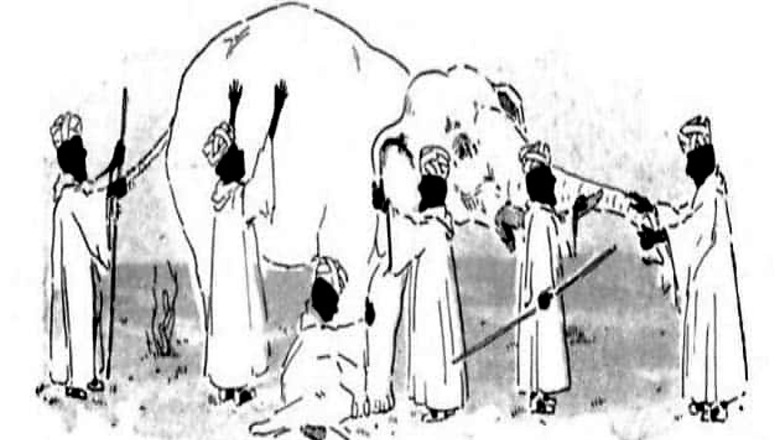
views
London: Epistemology is study of knowledge, it's about asking how we know what we know. When you use epistemology to an old Indian folk tale about the six blind men coming across an elephant, it can teach a lesson or two about understanding the India's role in an increasingly complex world.
Dr Kate Sullivan, a lecturer in modern Indian studies at Oxford, who is involved in a project that studies how different countries perceive India did the analysis for the audience at inaugural India Day @ Oxford. In short, bringing epistemology and the folk tale together will lead to questions such as 'Is the happy end of the story right? How do we know the wise man's version of how the elephant looks like is better than what the blind men saw, and even what did elephant feel about the analysis.
So, what does the story mean for India - and how it's seen by the world at large. One, it depends on where someone sits. For example, researchers have found that while East European countries see India as yet another country that is seeing a transformation, Brazil sees India as a primary trade partner.
Some African countries see India as yet another source of fund, some others see it as a long term partner. US, possibly sees it as a counter balance to Chinese power. And two, as a consequence of this differing perspective, it's important to be cautious about single indicators of power - such as military strength or say a seat in UN security council, because the world is today is more complex and interconnected than it was; that it would be wrong to form a self image that's based on how a single country or a group of country perceives India.



















Comments
0 comment